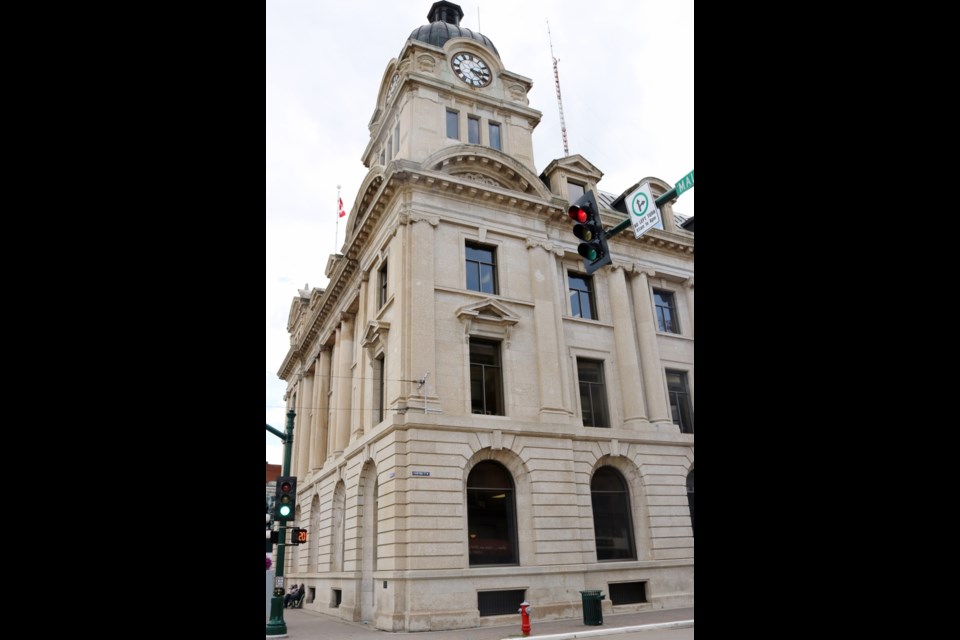Moose Jaw city council will be looking to work with and around a proposed 3.82 municipal tax increase during their upcoming budget deliberations after city administration revealed the preliminary budget for 2019 at a special meeting on Dec. 3.
That's after deciding in the spring to move to a priority-based budget process, which is expected to substantially change not only the way the city goes about developing the budget, but what programs and services receive the most support, regardless of past decisions.
“It's a change from a 'what is needed' approach to a 'what can be accomplished with available funding' approach, and in essence it's to spend within the municipality's means of finance,” explained Brian Acker, City of Moose Jaw director of financial services. “So, in essence, it's a complete shift in the way of thinking from the past when budgets were based strictly on 'this is what we need in order to provide whatever it is'.”
Council gave direction to the priority budget process this past spring, with city administration working from there to bring forward the preliminary plan. Prioritizing programs and services is based upon a variety of criteria, including how essential that program is, the impact related to citizens and alignment with the city's goals and strategic plans.
“It really comes down to doing your priorities well, which means possibly not getting to the lesser priorities... Some things you can't do and we can't be all things to all people,” Acker said. “The priorities we have we need to do well.”
Each budget submission included information on program and service evaluations, creating a numerical value out of 100 supporting each item. For example, the fire service budget presentation saw providing medical support in the health region receive an 88.6 score, public education an 88.0 score, the dispatch service an 86.8 score and fire suppression and prevention an 85.8 priority score when it comes to areas of focus and improvement for 2019.
The end result for the 2019 operating budget is a revenue increase of 0.2 per cent and expenditure increase of 2.5 per cent to maintain the same, current programs and services, resulting in a 3.82 per cent increase to balance the budget.
The operating budget consists of the general revenue fund, transit and para-transit, waterworks, sanitary sewer and solid waste. General revenue and transit directly impact potential tax increases; utilities do not as their costs are funded from fees charged for their use.
Acker pointed to the municipal tax levy as a major reason for the lower revenue projection, as funds from the levy actually fell 0.27 per cent, down $72,511 from last year. Considering taxation accounts for 57 per cent of operating budget revenues, that represents a significant shortfall.
“We've had steady growth in the tax levy over the years, but unfortunately in 2019 we're not seeing that growth,” Acker said. “We actually have a small reduction in our overall tax revenues we expect to see and that's due to our assessment just not growing at the level we hoped and as well the significant commercial appeal losses we've suffered.”
Appeals losses totalled $130,837 for 2018, adding to the total of lost tax revenue through assessments of $1.3 million since 2013.
As for expenditures, the general government – covering the functions at City Hall proper – saw an increase of $291,17, while police services seeks an additional $458,373, leading all departmental increases.
Presentations, discussions and revisions to the various departmental and organizational budgets are ongoing, with meetings slated throughout December.




